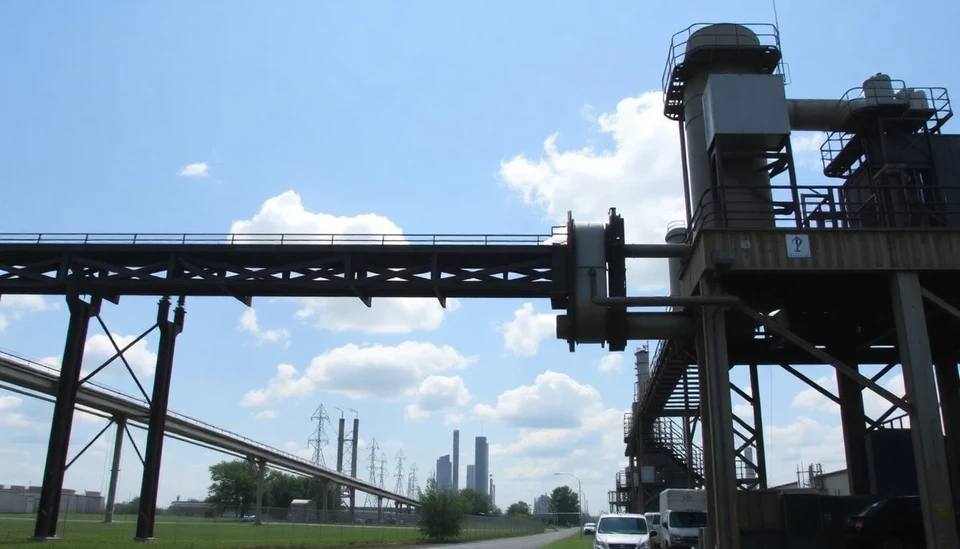
Chevron Corporation, a leading American multinational energy company, has announced a significant reduction in its low-carbon spending. The company plans to decrease its investments in this area by 25%, a decision that reflects a broader trend of financial restraint as the industry adapts to a challenging economic landscape.
This announcement comes as Chevron grapples with a series of market pressures, including rising operational costs and fluctuating global oil prices. By pivoting its focus, Chevron aims to stabilize its financial performance while still keeping some commitment to sustainability initiatives. The company's new budgetary constraints signal a cautious approach towards transitioning to renewable energy sources.
Chevron had previously committed to substantial investments in low-carbon technologies, aligning with global efforts to combat climate change and reduce carbon emissions. However, the recent announcement indicates a shift in priorities, as the company reassess its strategic plans in light of current economic realities. The cuts are expected to impact various ongoing projects aimed at developing cleaner energy solutions.
The decision to trim low-carbon investments has sparked conversations among industry experts and sustainability advocates regarding the long-term implications of such a move. Critics argue that reducing expenditure in low-carbon technologies might hinder progress towards achieving climate targets and could affect Chevron’s reputation as a responsible energy provider.
In response to the backlash, Chevron emphasized that this decision does not signify a complete abandonment of its commitment to sustainability. The company remains focused on maintaining a diversified energy portfolio, balancing traditional fossil fuel endeavors with its ambitions in cleaner energy technology. Nevertheless, industry observers are keeping a close watch on how this decision might shape Chevron’s future, as it navigates the complexities of the shifting energy landscape.
As oil and gas companies worldwide adjust their strategies amid economic uncertainties, Chevron’s approach might set a precedent for other players in the industry. The reduction in low-carbon spending raises important questions regarding the future of the energy sector and its role in addressing climate change in a profit-driven environment.
Certainly, Chevron's revision of its spending plan underscores the ongoing tension between the pursuit of profitability and the urgent need for sustainable practices. Stakeholders are left to ponder how this decision impacts not only Chevron's future but the industry's overall commitment to transitioning towards a more sustainable energy model.
In summary, Chevron's recent announcement to cut low-carbon spending signifies a strategic shift amidst tightening financial conditions. While the company stresses that it remains committed to sustainability in the long run, the immediate implications of these cuts could affect its role in the transition to renewable energy and its ability to meet climate objectives.
As the energy sector continues to evolve, how companies like Chevron balance their financial priorities with the need for environmental stewardship will remain a critical question for years to come.
#Chevron #LowCarbon #EnergyInvestment #Sustainability #ClimateChange #RenewableEnergy #EconomicPressure
Author: Samuel Brooks




